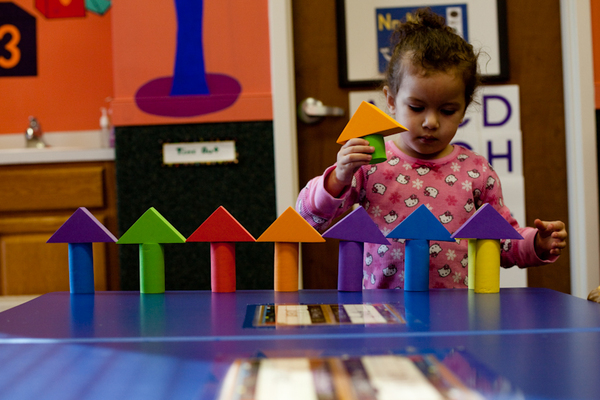SNP look to raise school starting age
The UK is one of the few countries in Europe where the school-age starts between four and five. Compulsory schooling begins at the age of five in some UK countries (England, Wales, and Scotland), as well as in Malta and the Netherlands. Northern Ireland has the earliest required school start age in Europe, at four years old. Countries like Denmark, Finland, Poland, Romania, and Sweden have the latest school start at the age of seven.
For many years, education specialists have argued for and against our early schooling policy. Today, the Scottish National Party seek to innovate early years provision in the UK.
Why do children start school early in the UK?
In 1870, the Education Act institutionalized the period after a child's fifth birthday as the required school entry age. Back then, child protection— namely protection from exploitation at home and harmful conditions in the streets— was the main reason for establishing the school entry age at five.
Additionally, there was a political incentive to promote early graduation so that young people could quickly enter the workforce. Thus, no developmental or educational factors were considered while determining the school's beginning age (Sharp, 2002) .
However, more recent education analyses of early schooling suggest that young compulsory school entry age has beneficial outcomes for cognitive and non-cognitive development in children. Cornelissen and Dustmann (2019) suggest that additional schooling from starting the first year of primary school earlier positively affected language and numeracy skills at ages 5 and 7 in cohorts born between 2000 and 2001 in the UK.
Why does SNP want to raise the school starting age?
Some education specialists have found that children with a higher school starting age are less likely to develop behavioral problems and speech impediments (Balestra, Eugster & Liebert, 2020), decreasing the need for additional SEN provision in primary institutions.
The so-called Educare model has been particularly successful in Nordic countries like Finland, where early childhood education promotes children’s holistic growth, development and learning in conjunction with their guardians. Focusing on a play-based pedagogy, the Educare model encourages well-being and learning simultaneously.
In the 2018 PISA scores, Finland ranked number 10 with an average score in mathematics, science, and reading of 516.3 (2.5% higher than the UK average score). After adjusting for socioeconomic background, studies suggest that there was a 34-point difference in the mathematics PISA results of Finnish 15-year-old pupils who received more than one year of pre-primary education compared to those who had not, which is almost a full year of formal education.
The new Scottish motion not only aims to exercise care and address cognitive development but also fix the wide attainment gap between Scotland's poorest and wealthiest pupils through a cultural shift. A new kindergarten stage for three to six-year-old would extend early years provision by twelve months. This would be followed by six years of primary education.
Nevertheless, the EIS teaching union secretary, Andrea Bradley, stated that this motion should be implemented with caution. The new kindergarten system has raised some concerns regarding a decrement in demand for teachers for the youngest learners, during a time of potential recession, and a cost of living crisis

References
Call to raise school start age in Scotland to six
Summer-born struggle: The effect of school starting age on health, education, and work
The benefits of starting school early
School Starting Age: European Policy and Recent Research
PISA 2018 Worldwide Ranking – average score of mathematics, science and reading
OECD Starting School Strong IV. Early Childhood Education and Care Data Country Note: Finland
